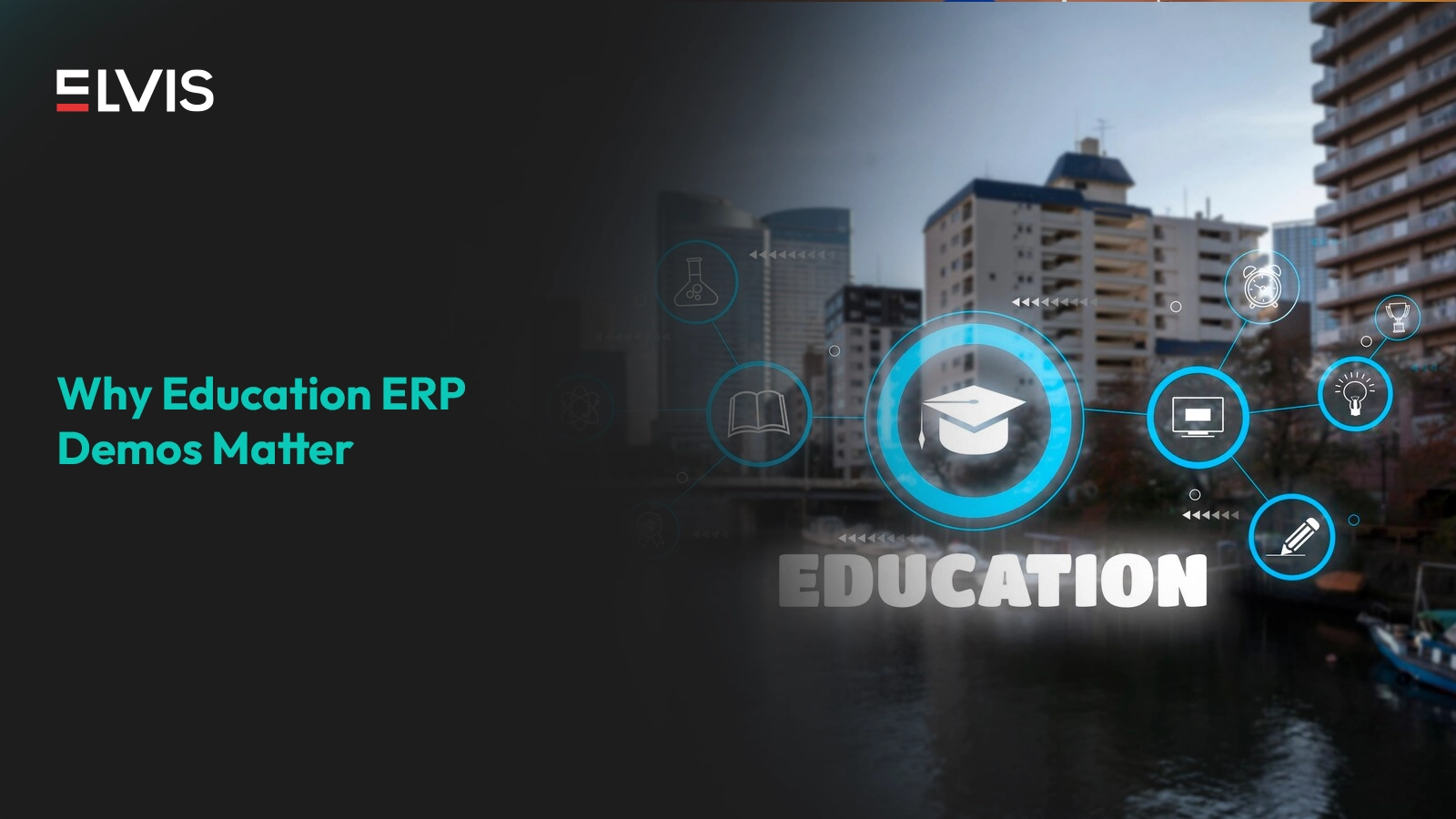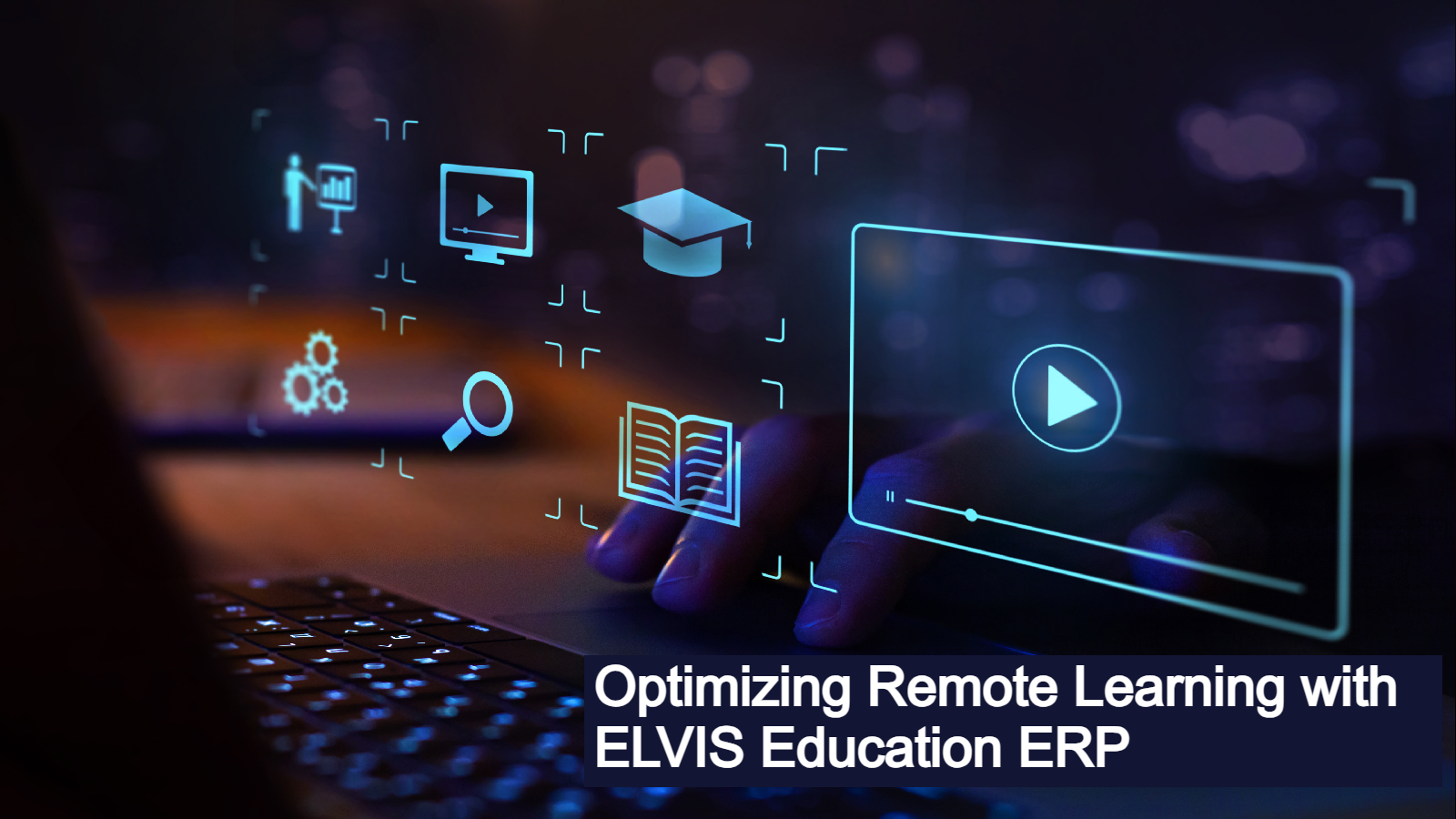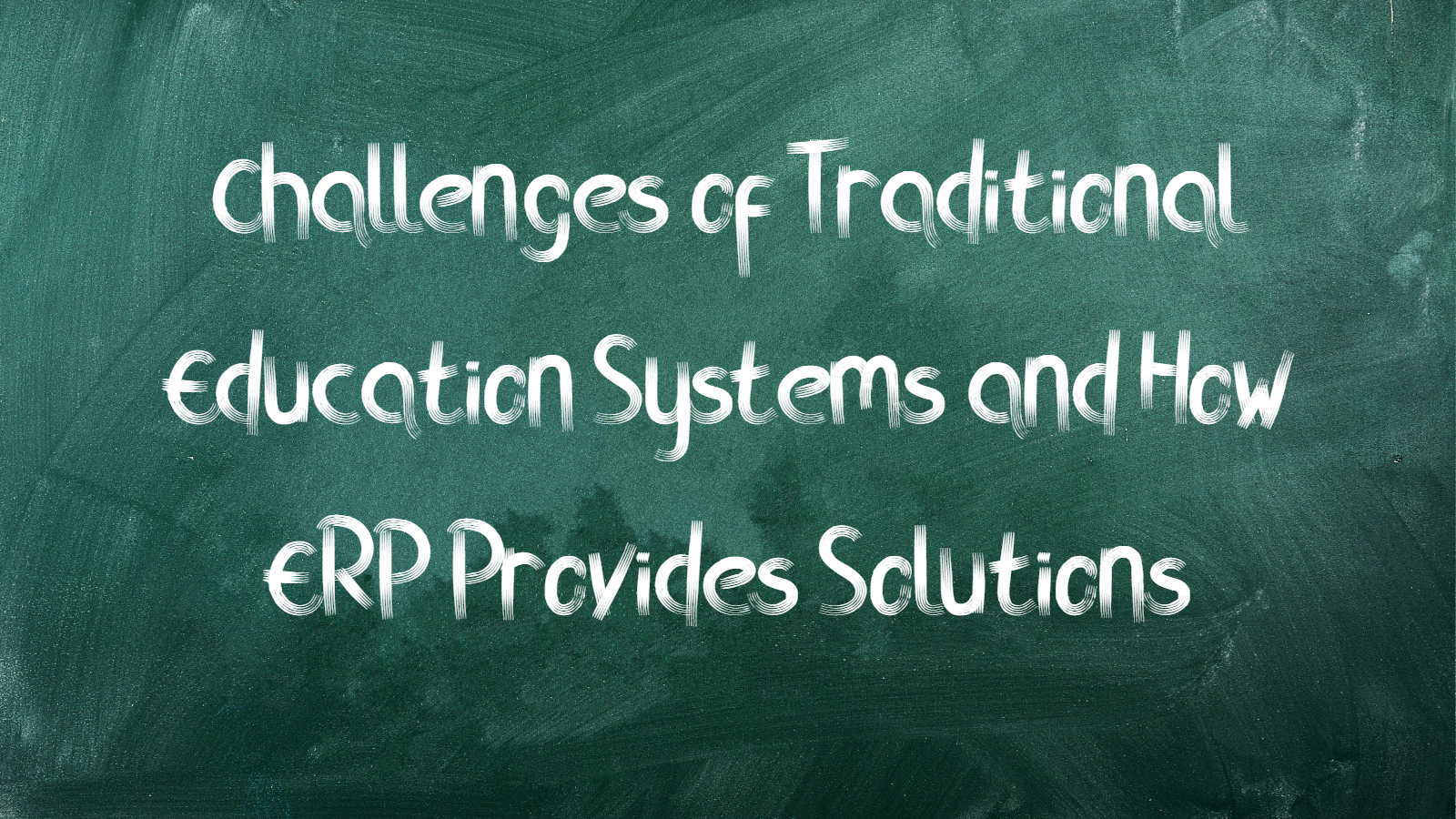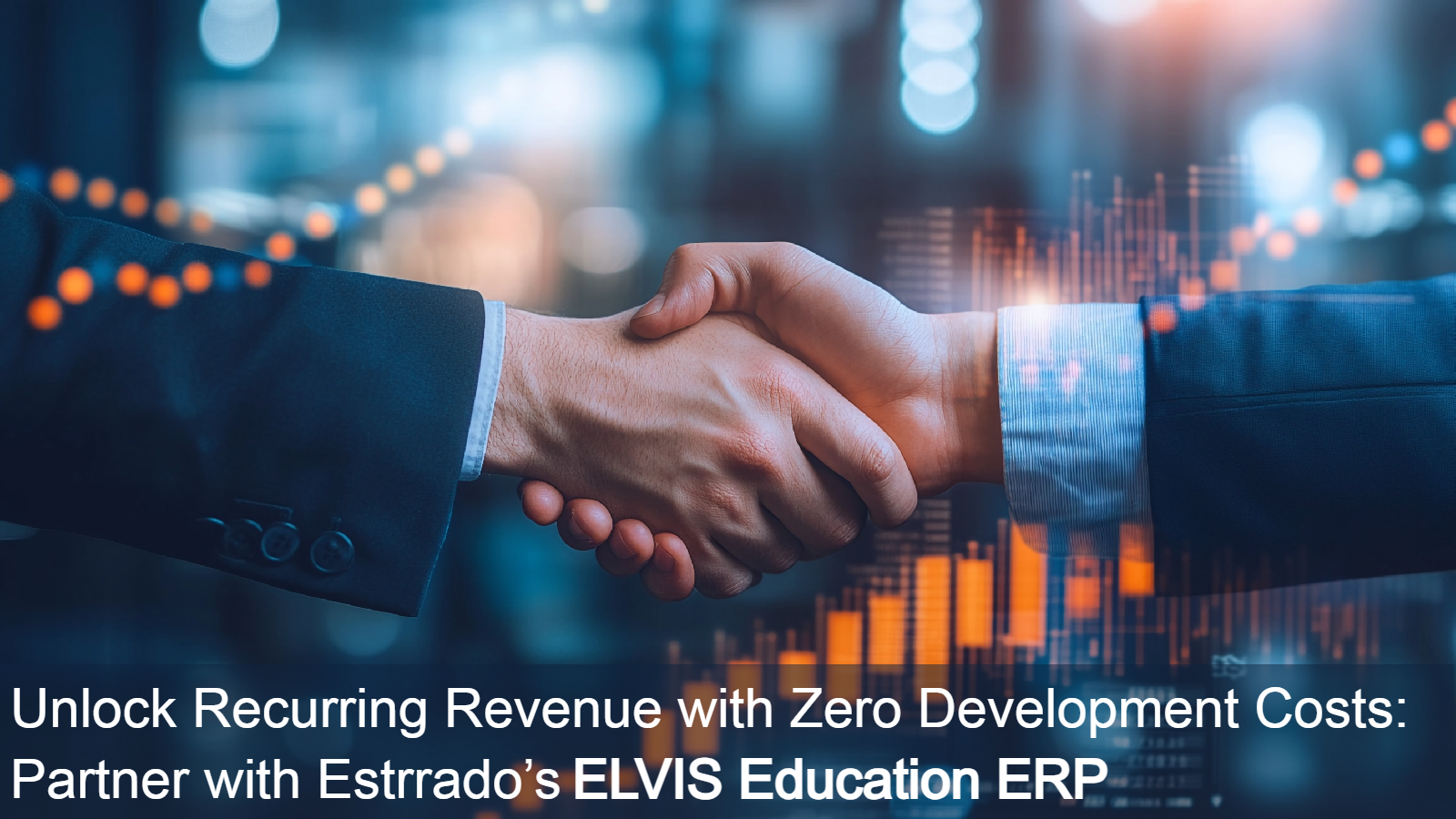Introduction
Education ERP (Enterprise Resource Planning) systems are becoming essential in schools, colleges, and universities worldwide. These systems streamline administrative processes, enhance communication, and improve data management. However, implementing an ERP system is a significant investment, financially and in terms of time and resources. This is where ERP demos enter the picture, serving as a crucial step in the decision-making process.
So, let’s dive into why education ERP demos matter and how they can guide institutions toward making the best choices.
Getting a Real Feel for the System
Imagine buying a car without test-driving it first. Sounds risky, right? The same principle applies to ERP systems. A demo provides a hands-on experience, allowing you to interact with the software. This interaction helps in understanding the interface, navigation, and overall user experience. Reading the system’s features in a brochure is not the same as seeing it in action. Through a demo, you can assess whether the system feels intuitive and easy to use, which is vital for smooth daily operations.
Tailored Demonstrations
Most vendors customize their demos to reflect the specific needs and workflows of the institution. For instance, a university might have different requirements compared to a K-12 school. During a demo, the vendor can showcase how their ERP system can handle various scenarios, such as managing student information, tracking attendance, or integrating with existing learning management systems. This customization provides a clearer picture of how the ERP will function when implemented, addressing specific pain points and operational needs.
Evaluating Functionality and Features
ERP systems provide a variety of features, but not all are equally relevant to every institution. A demo allows you to evaluate the functionalities that matter most to your institution. Whether it’s reporting tools, seamless scheduling, or financial management, seeing these features in action helps prioritize which ones are necessary and which are nice to have. This focused evaluation ensures that the chosen system aligns perfectly with the institution’s goals and requirements.
Assessing Integration Capabilities
Most educational institutions already use various software solutions for different purposes – from financial systems to learning management platforms. An ERP system should integrate smoothly with your existing tools to avoid disruptions and data silos. During a demo, you can ask questions and see demonstrations of how the ERP system will interact with your current software system. This assessment is critical to ensure seamless data flow, which enhances efficiency and reduces the risk of errors.
Real-Time Problem Solving
ERP demos provide an opportunity to address real-time concerns and queries. Raise specific issues your institution faces and see how the system handles them. This interactive session can reveal the ERP system’s flexibility and problem-solving capabilities. Moreover, it also allows the vendor to show their support and customer service, which are essential factors in the long term.
Building Confidence
Adopting a new ERP system is a big change, and it’s natural for staff to have reservations. A live demo can build confidence by demonstrating the system’s efficiency and user-friendliness. When teachers, administrative staff, and IT professionals see firsthand how the ERP can simplify their tasks, it reduces resistance to change and promotes a positive attitude, which is crucial for a successful implementation of the system.
Highlighting Cost-Benefit Analysis
An ERP system is a significant investment, and decision-makers need to ensure that it provides value for money. Demos help in conducting a cost-benefit analysis by showcasing how the system can save time, reduce errors, and improve productivity. By seeing the potential ROI in action, institutions can justify the price and make a more informed financial decision.
Learning About Vendor Support and Training
Successful ERP implementation doesn’t end with the installation; it requires ongoing support and training. During the demo, institutions can evaluate the vendor’s commitment to customer service. Do they offer comprehensive training programs? Is there a dedicated support team available? These aspects are crucial as they directly impact how smoothly the system will be adopted and used in the long run.
Conclusion
Education ERP demos are a vital step in the decision-making process. They provide a real feel for the system, showcase tailored functionalities, and address specific institutional needs. Demos help evaluate integration capabilities, solve real-time problems, build confidence, and conduct a thorough cost-benefit analysis. Additionally, they offer insights into the vendor’s support and training services.
Investing time in ERP demos can make the difference between a successful, smooth implementation and a frustrating, costly one. For educational institutions aiming to enhance their administrative efficiency and overall productivity, ERP demos are not just beneficial—it’s essential.
Frequently Asked Questions (FAQs)
Why is attending an ERP demo important for educational institutions?
An ERP demo is crucial because it provides a hands-on experience with the software, helps evaluate its user-friendliness, demonstrates its capabilities in addressing specific institutional needs, and allows for real-time problem-solving and questions.
What should institutions look for in a tailored ERP demo?
Institutions should look for how well the demo addresses their specific workflows and pain points. The demo should showcase relevant features such as student information management, attendance tracking, financial management, and integration with existing systems, tailored to the institution’s unique requirements.
Can we address our specific concerns during an ERP demo?
Yes, ERP demos are interactive sessions where potential users can raise specific concerns and see how the system handles them. This helps in assessing the ERP system’s flexibility and problem-solving capabilities in real time.
What should we prepare before attending an ERP demo?
Before attending an ERP demo, prepare a list of specific needs, challenges, and questions you want the vendor to address. It’s also helpful to involve key stakeholders from different departments to ensure a comprehensive evaluation of the system’s capabilities.
Is it possible to request a follow-up demo if needed?
Absolutely. If more clarity is needed or additional stakeholders need to see the system in action, you can request a follow-up demo. Vendors are typically willing to provide additional demonstrations to ensure their product meets your needs.
What are the next steps after attending an ERP demo?
After attending an ERP demo, gather feedback from all participants, compare it with other demos if applicable, and conduct a detailed cost-benefit analysis. Discuss the potential ROI and integration capabilities before making a final decision on whether to proceed with the ERP system.








